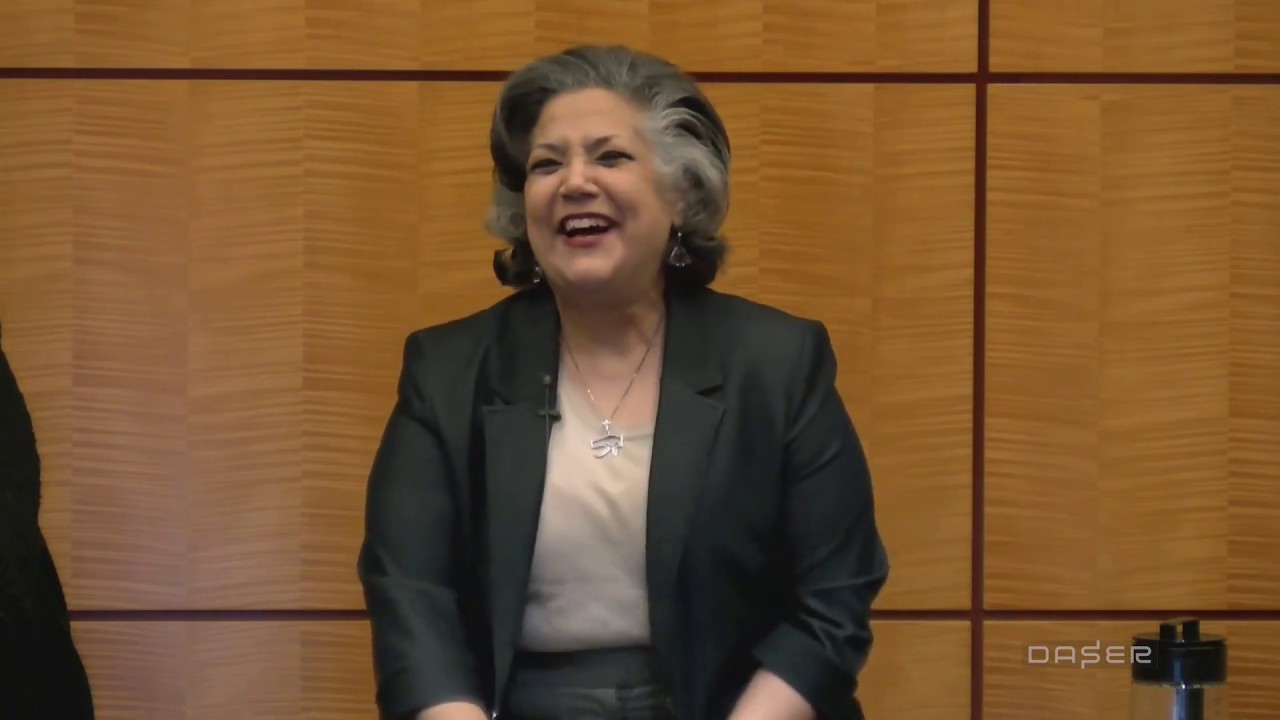For Dr. Jehan El-Bayoumi, healthcare means more than treating symptoms. She founded George Washington University’s Rodham Institute – named in honor of Hillary Clinton’s mother – to help improve health outcomes for all in the Washington DC area.
As El-Bayoumi (who goes by “Gigi”) noted in a recent speech, mental health problems account for a significant part of the overall health disparity between rich and poor in the capitol.
“People in DC from the political elite really don’t know anything about these huge disparities,” says El-Bayoumi. “They live here, they work here, but then they don’t know anything. I felt that given my voice and as somebody who does care for all these different people and knows all these different circles, I was in a unique position to make a difference.”
Jehan El-Bayoumi Found Her Calling in Medicine
El-Bayoumi did not always know she wanted to be a doctor. In fact, she considered a wide range of careers over the years before discovering her true calling.
“I thought about being a journalist or a writer, ” she recalls. “I love languages, I love math and science. I wanted to do something that involved service, so medicine made the most sense. It’s all there.”
So El-Bayoumi attended medical school at the University of Michigan. She then did her training at George Washington University, where she became the Internal Medicine Residency Program director.
For Jehan El-Bayoumi, All Patients Are Equal
“It’s part of my heritage,” El-Bayoumi explains, citing her Egyptian roots. “When someone comes to your home for a visit, you make sure they’re taken care of.”
One principle drives El-Bayoumi’s work more than anything else: to provide expert medical care for all, no matter their prestige or socioeconomic status.
“I have taken an oath,” El-Bayoumi says. “I do not pick and choose my patients. I take care of people – I don’t care what their socioeconomic background is. I take care of homeless people. I take care of colleagues. I take care of people from all parts of the city and all parts of the world.”
From Hillary Clinton to the Homeless
As an expert in her field, El-Bayoumi really does treat all kinds of people – from the homeless to famous politicians. She notes the importance of treating celebrity patients like any other human being.
“They don’t want you to be overly deferential,” she remarks. “You’re their doctor. You’re giving them advice. They want to be spoken to like anybody else.”
Her principles of equality carry through to her public policy and public heath work.
“It doesn’t have to be seeing people in the clinic,” she says. “It could be educating people about diabetes or their blood pressure. Or it could be exposing kids to health professions, kids who otherwise might not have much connection to health care providers or medicine.”
This is the “holistic approach to health” that drives El-Bayoumi’s leadership of the Rodham Institute.



